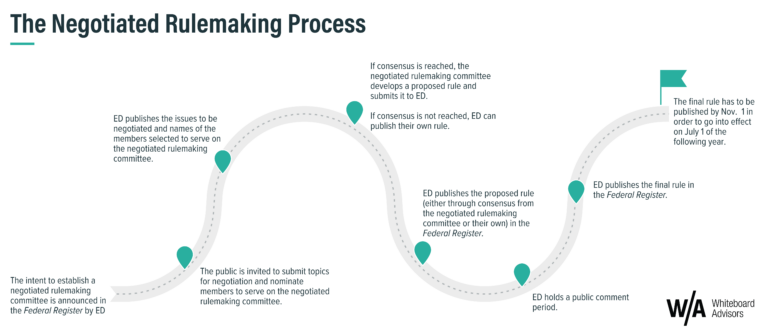Over the past two years, parental rights and critical race theory (CRT) took center stage in education policy and politics, with 44 states introducing bills or taking other steps that would restrict teaching critical race theory or limit how teachers can discuss racism and sexism. That trend will no doubt continue in 2023.
At the federal level, we expect the U.S. House of Representatives to – once again – consider a Parental Bill of Rights based on Sen. Josh Hawley’s (R – Mo.) 2021 bill.
Eighteen states are now in the process of implementing legislation that was passed in 2022. As a result, education vendors and publishers are beginning to feel their impact.
- The Florida Department of Education’s rejection of the College Board’s AP African American Studies Class (which the College Board was piloting) made headlines this week. That course was rejected, in part, because it violated state laws restricting how race can be taught in the classroom and “lacked educational value,” according to a statement from the Education Department.
- In Arkansas, which has yet to pass a CRT law, Gov. Huckabee Sanders (R – Ark.) signed an executive order banning “indoctrination and critical race theory.”
What’s next in state legislation?
- We’re already tracking bills in several states – including Connecticut, Missouri, New Jersey, and South Carolina – and expect more states to introduce legislation as 2023 sessions begin.
Contact the W/A Research team to learn more about what the legislation says, how it might impact your work, and the ways in which educators, school administrators, and district leaders are adapting in the face of policy changes that reach deep into not just district decision making and purchasing, but instructional strategy and practice.
(Photo by ANDREW CABALLERO-REYNOLDS/AFP via Getty Images)




